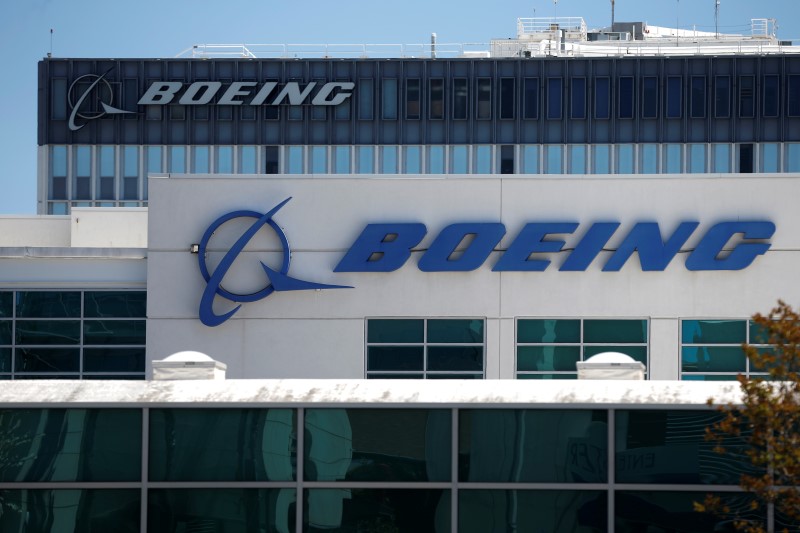As businesses in the city and its suburbs compete to attract top talent and fill thousands of available positions, Chicago is attempting to attract various international workers whom technology firms have laid off.
The H-1B visa, which is offered to foreign workers in speciality occupations like software engineering, is accepted by over 35 companies in the Chicago area. The corporations created a job-listing website that goes live on Wednesday in collaboration with the city and P33, a nonprofit group formed by former Secretary of Commerce Penny Pritzker.
The project, which is the first type, might help Chicago realise its goal of becoming a technological hub. The almost 400,000 unfilled positions in Illinois will also be filled by organisations including Caterpillar Inc., Walgreens Boots Alliance Inc., TransUnion, and ticket reselling company Vivid Seats Inc.

Tech companies announcing layoffs
TransUnion Chief Executive Officer Chris Cartwright declared, “We have a real need for talent. “We want to get the message out there that there’s a beautiful tech community here in Chicago. It’s vibrant and dynamic. It’s both established players and an emerging startup space, and we welcome those workers.”
Concerns about the world economy’s expansion have led many technology businesses, including Google’s parent company Alphabet Inc., Meta Platforms Inc., Twitter Inc., and Amazon Inc., to announce employment cuts. According to human resources consulting company Challenger, Gray & Christmas Inc., the tech sector alone declared 97,171 layoffs alone last year, the most of any industry and an increase of more than 600% over the previous year.
Foreign employees are being particularly hard-hit by employment cuts. Only 60 days are given to those with H-1B visas to locate a new job and persuade an employer to sponsor their visa. According to Don Garner, owner of the immigration law company LL.M Law Group, the procedure can cost businesses $5,000 to $10,000 more than hiring a US citizen or someone with permanent status.
Chicago and it’s growing crime
Brad Henderson, CEO of P33, attended a dinner hosted by the American India Foundation late last year, and it was then that the notion of assisting international workers initially emerged. He recalls that the conversation in the meeting was dominated by the community’s genuine concerns about the H-1B visa problems and the significant number of layoffs.
Leading civic groups from the city, including the Commercial Club of Chicago, the Executives’ Club of Chicago, the Chicago Chamber of Commerce, and 1871, a nonprofit small company incubator created by J.B. Pritzker, the brother of Penny Pritzker and governor of Illinois, also participated.
Since the outbreak, Chicago has struggled with growing crime, which has outraged locals and corporate leaders. The Boeing Co., the local offices of Tyson Foods Corp., and the hedge fund Citadel were among the high-profile businesses that left Windy City in the past year.
The city is attempting to capitalise on diversity by presenting itself as hospitable. According to Henderson, 21 Fortune 500 firms in the region were founded by immigrants or the offspring of immigrants, and 40% of software engineers in the nation were born outside the US.











